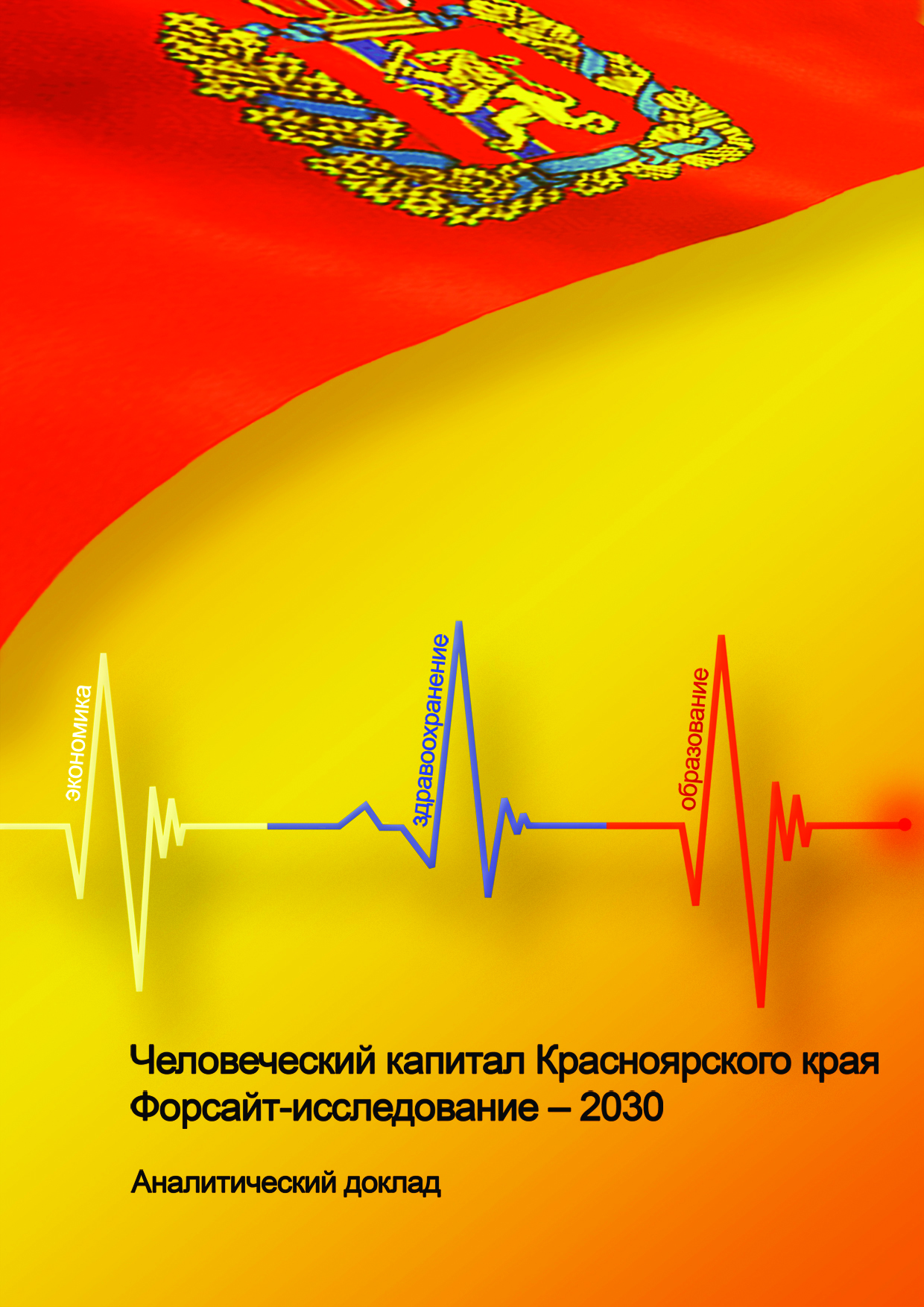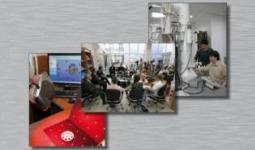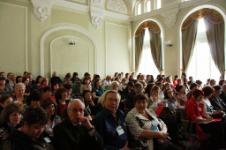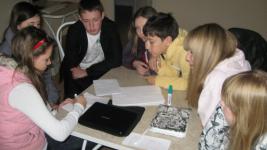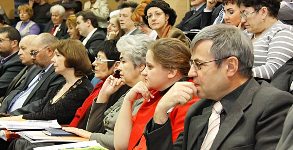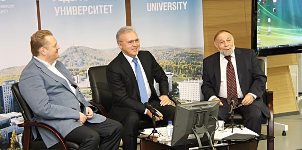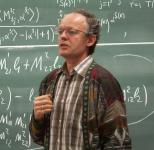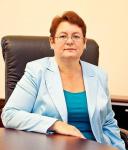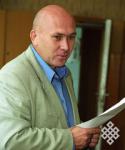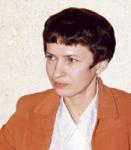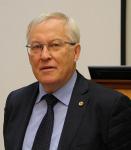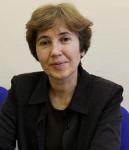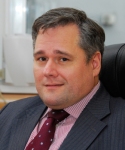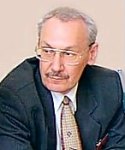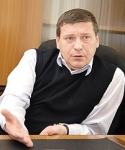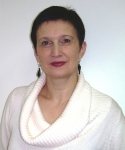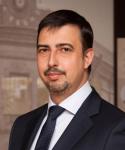The future of higher school in Russia: missions and functions of universities
The future of higher school in Russia: missions and functions of universities
Valerii Efimov, Alla Lapteva, Vera Dadasheva
Siberian Federal University,
E-mail: expert.sfu@gmail.com
Keywords: Higher school in Russia, Foresight, Delphi-survey, future scenarios, the mission and functions of higher education, Russian universities.
Abstract: Currently, changes in higher education are conceptualized as a multifaceted crisis. We consider that the crisis is civilizational at the bottom and is connected with the "phase shift" (the transition from industrial to post-industrial way of social existence) so all developed countries experience it with varying degrees of acuteness. The article presents Foresight results concerning future of Russian higher school in the context of world and Russian economic, technological and socio-cultural trends that determine higher school prospects in the time horizon to 2030. Large-scale Delphi survey with participation of 730 experts from 39 cities in Russia was conducted within the project. Expert survey has obtained data that reflect professional community vision about options for higher education future in Russia. New variants of higher school mission and functions have been identified based on Delphi survey.
Analysis of economic, social and cultural trends made it possible to identify four variants of higher school mission. They are "Source of skilled personnel", "Institute for society (country, region) development", "Institute for social stability", "Core of cognitive society". According to the survey, the changes in higher school mission in the long-term future are expected. First and foremost, higher school should become a "core of cognitive society" and "institution of society development". The role of higher school as a "source of skilled personnel" will not disappear, but will be subordinate in importance.
Multidirectional dynamics will be observed in the system of higher school functions in the period from 2020 to 2030: 1) "descending" – traditional functions "education as personnel production" and "incubator for young people" will lose their value; 2) "rising" – importance to society and realization of functions "school for adults", "core of cognitive society", "anticipatory education" will increase because of forthcoming demographic changes and global transition to a "knowledge economy" and "cognitive society". Experts expect that higher school functions "science outpost", "innovator", "anticipatory education", "school for adults" will be leading by 2030. In addition new "emerging" functions can be identified, their importance will increase, but feasibility will remain low up to 2030. These functions are "think tank", "platform of future in present", "core of cognitive society", "school for innovators and entrepreneurs".
Published: Proceedings of INTED2016 Conference
Доклады:
• Экосистема науки, образования и инноваций Красноярского края: идея, перспективы, проекты
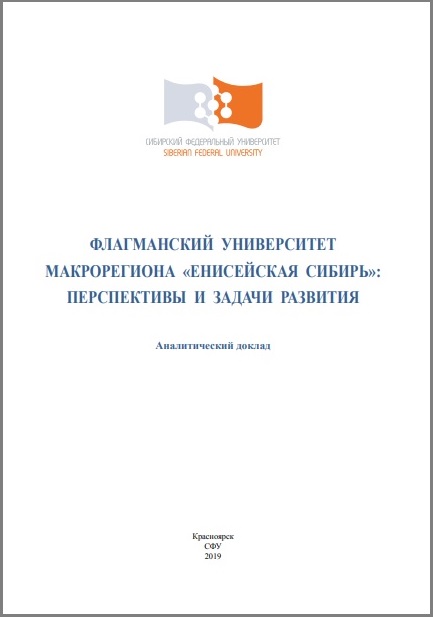
• Флагманский университет макрорегиона «Енисейская Сибирь»: перспективы и задачи развития

• Город – идея и практика
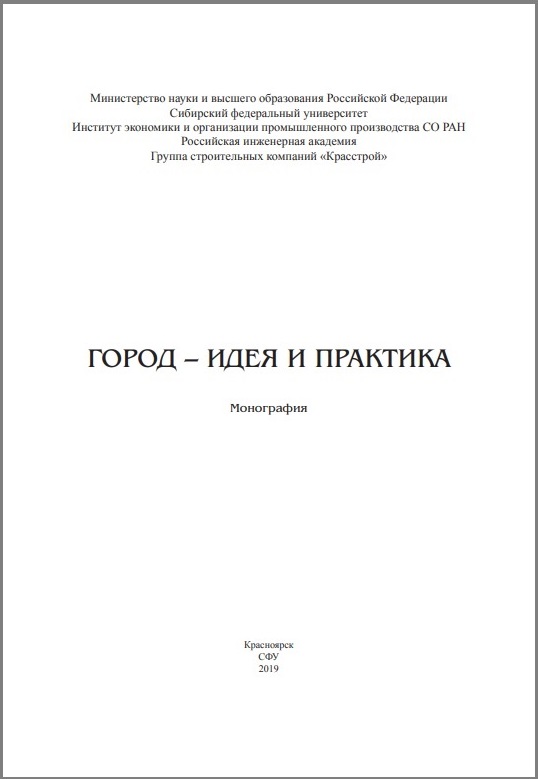
• Становление университетов-лидеров: мировая практика и российская перспектива: аналитический доклад
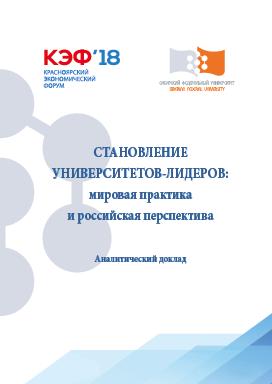
• Россия – Сибирь 2050: глобальные тренды и «окна возможностей»: аналитический доклад
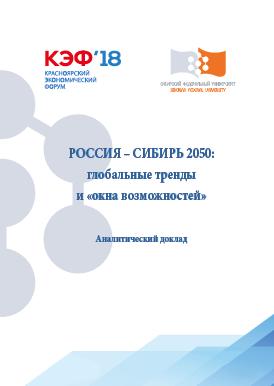
• Сибирь и Дальний Восток в XXI веке: сценарные варианты будущего: аналитический доклад
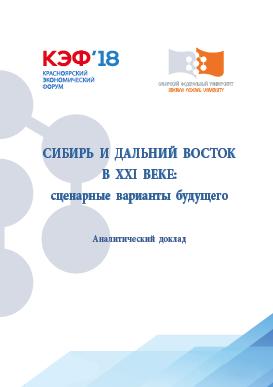
• Siberia and the Far East in XXI Century: Problems and Perspectives of Development: Analytical Report
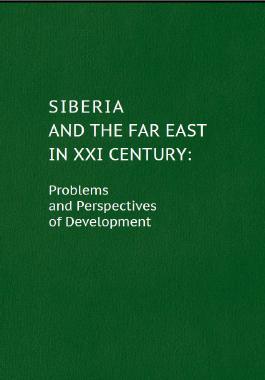
• Сибирь и Дальний Восток в XXI веке: проблемы и перспективы развития
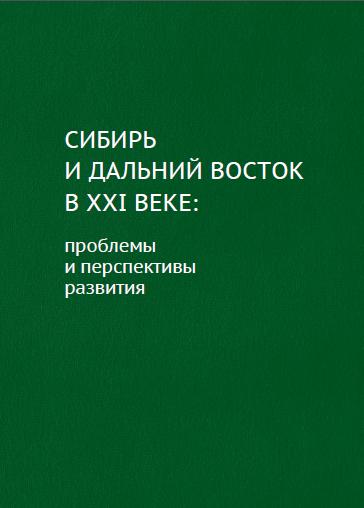
• Возможные миры или создание практики творческого мышления

• Будущее Республики Саха (Якутия)
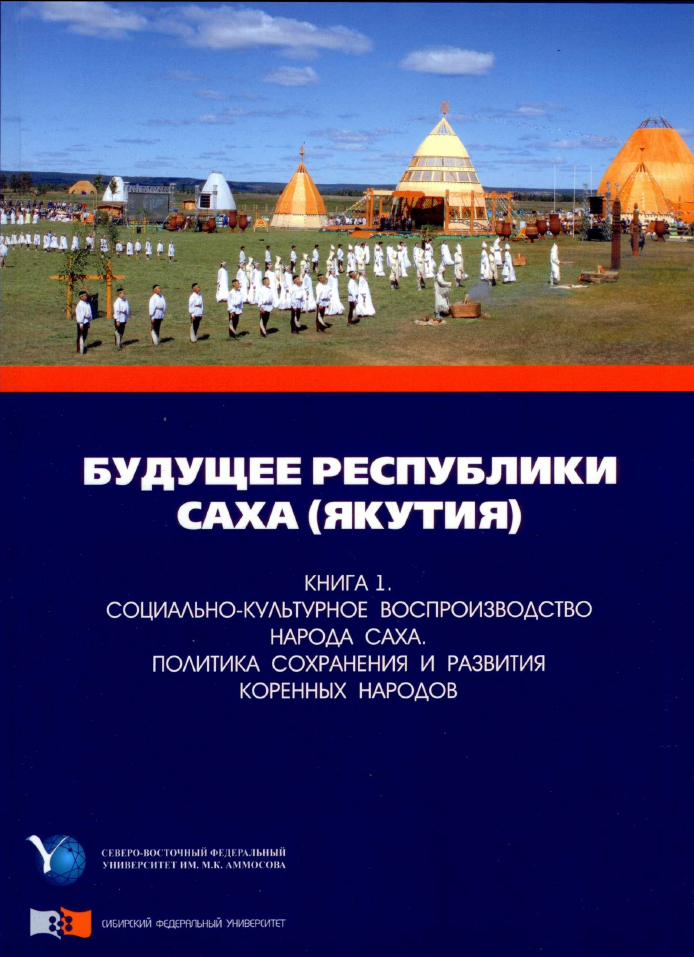
• Республика Саха (Якутия) – 2050. Форсайт-исследование
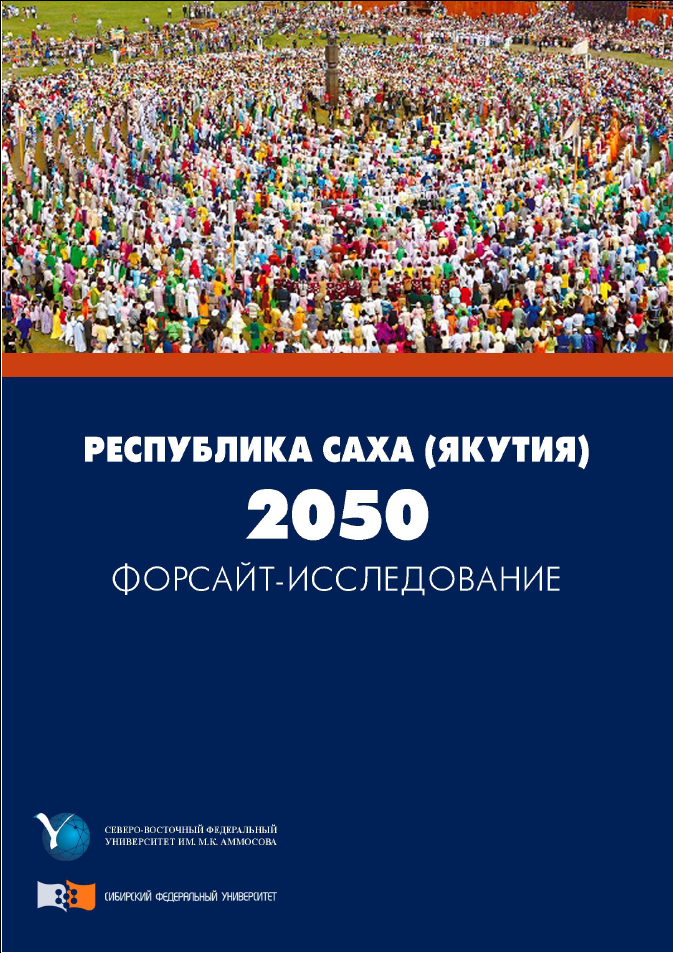
• Россия: Восточный вектор
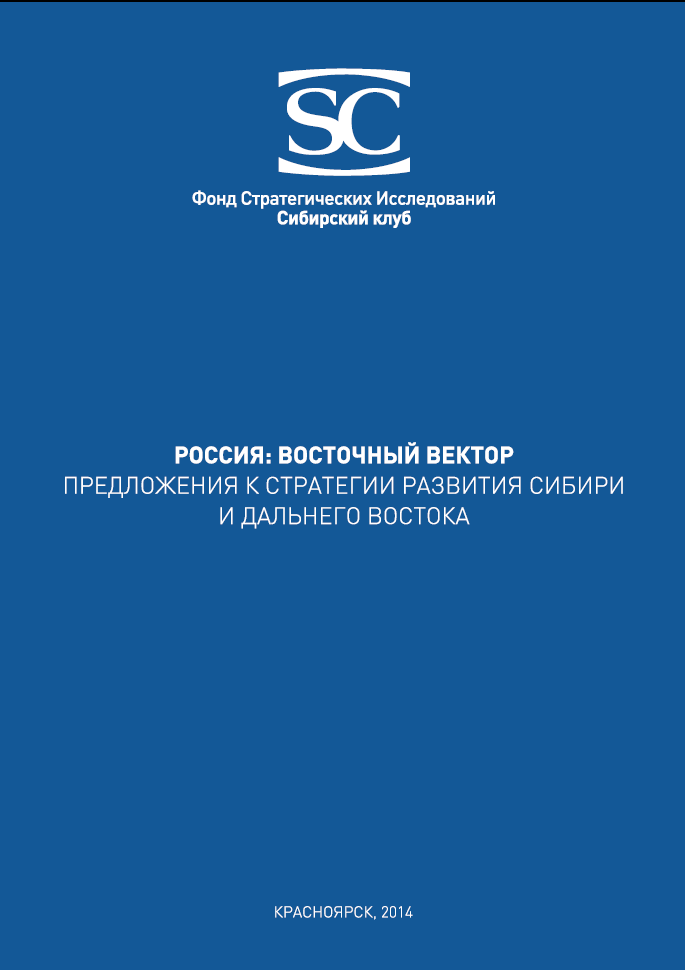
• Макрорегион Сибирь: проблемы и перспективы развития
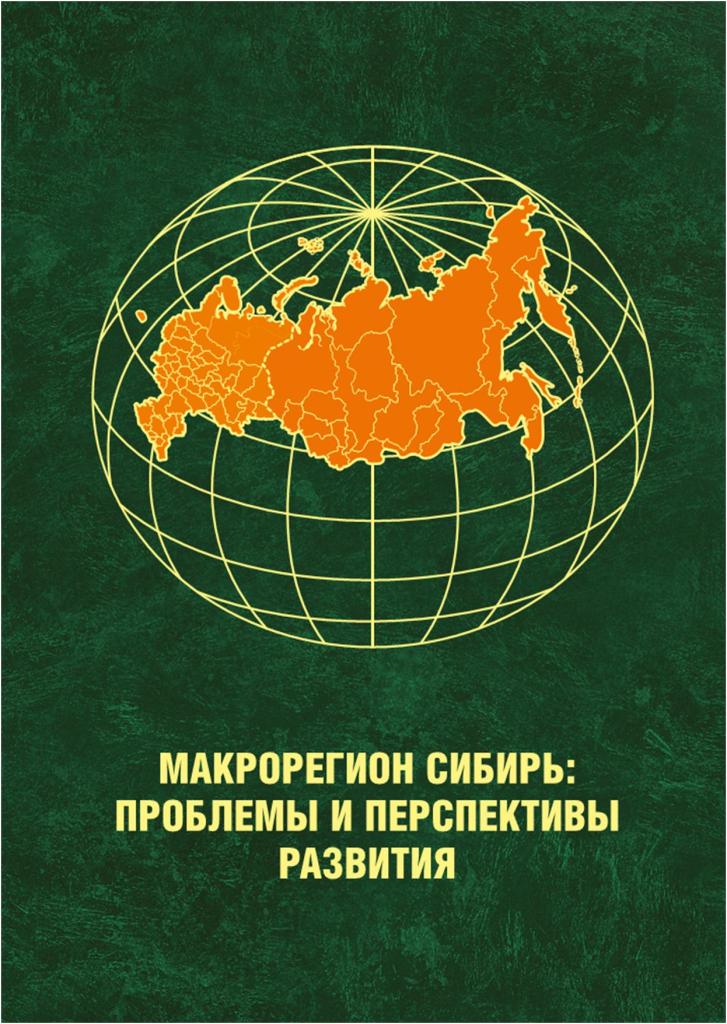
• Красноярск Foresight: образы будущего 2030
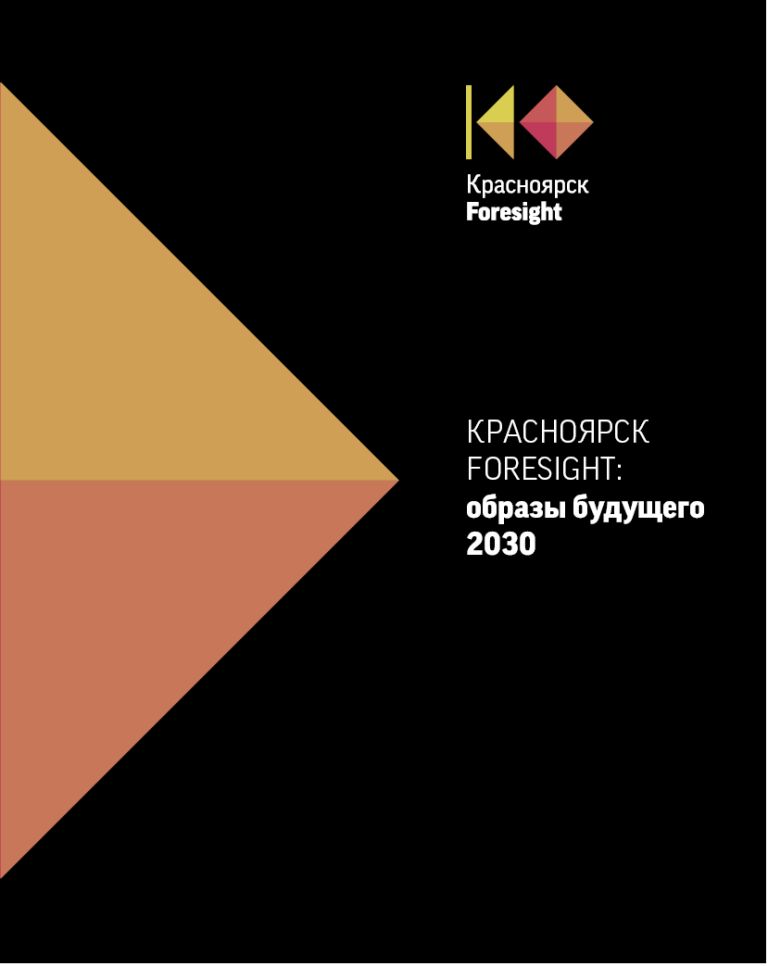
• Будущее высшей школы в России: экспертный взгляд
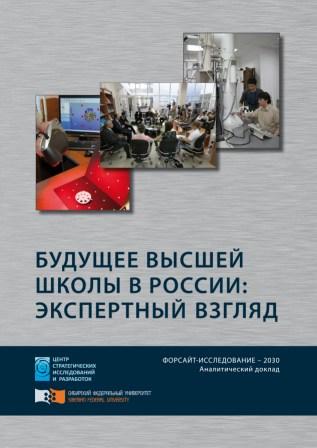
• Форсайт Республики Саха (Якутия) – 2050
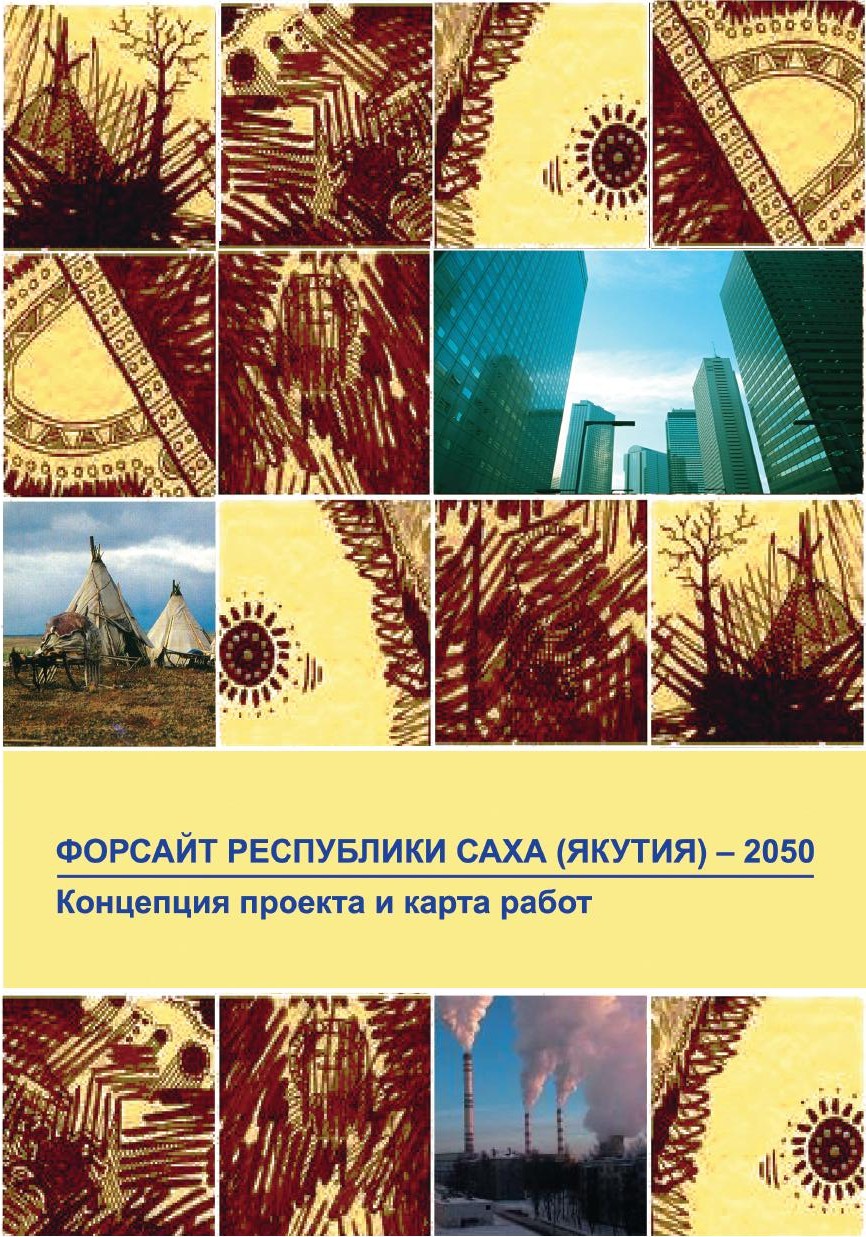
• Судьба континента Сибирь: проблемы развития
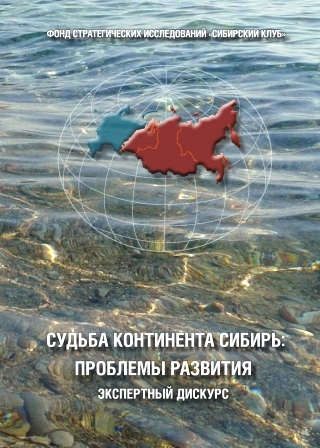
• Человеческий капитал Красноярского края: Форсайт-исследование – 2030
